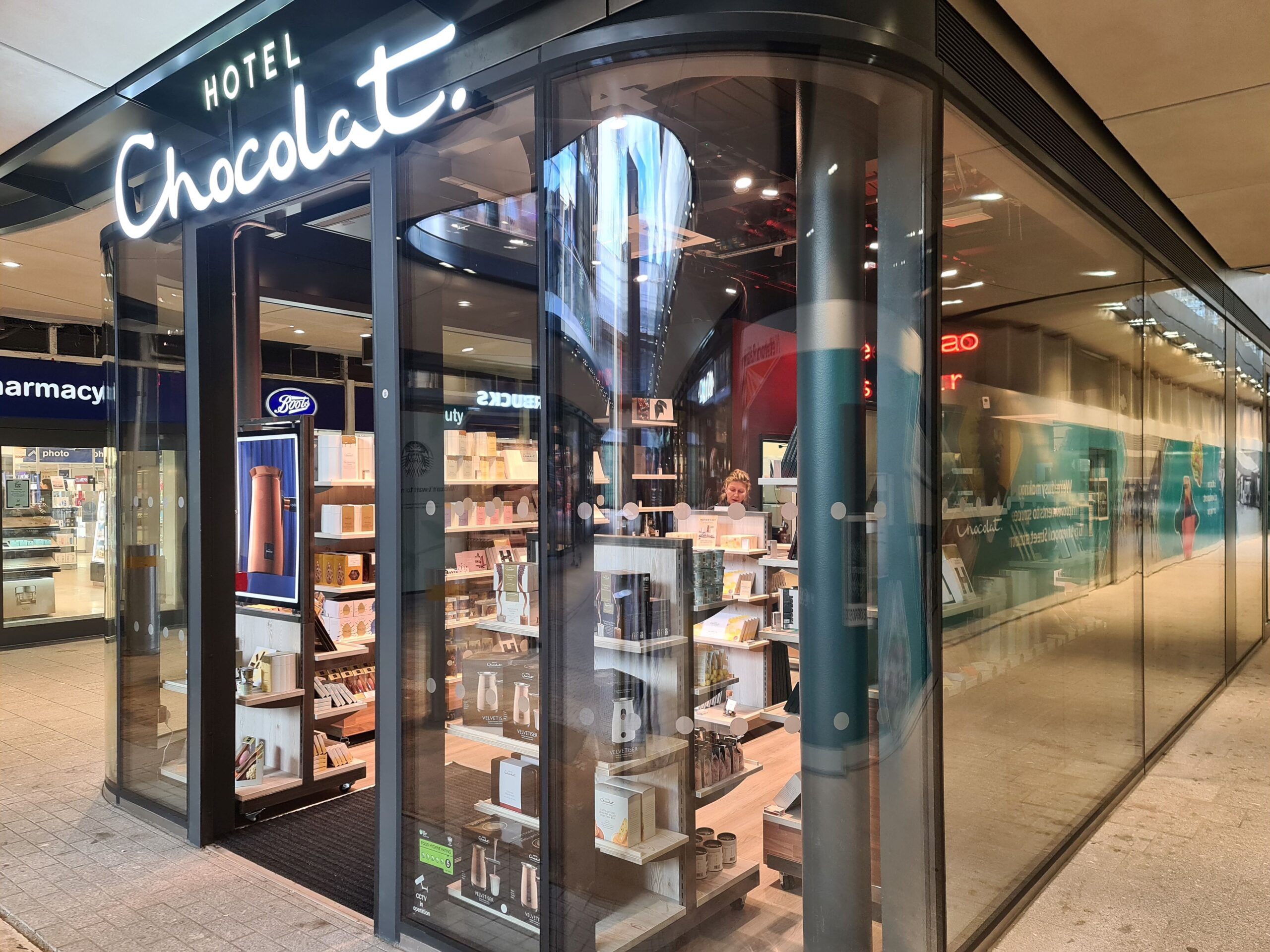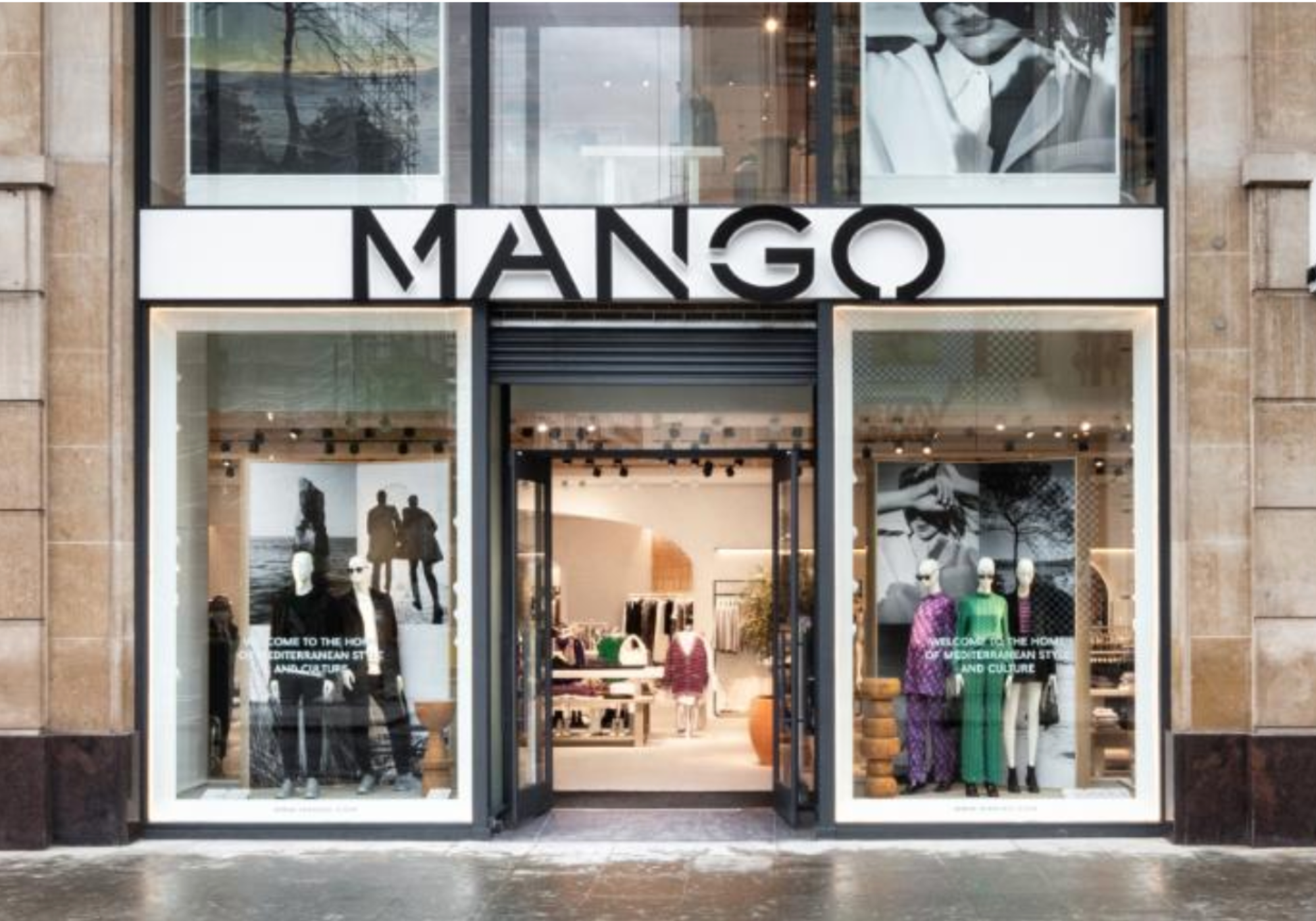Sheffield Business School is part of Sheffield Hallam University and has a reputation for providing research, training, and education that helps transform both people and organisations.
One of Sheffield Business School’s senior lecturers, Jonathan Gorst, will be speaking on Day Two of EDX 2015 on the topic Multichannel Returns Management: Turning a Logistical Challenge into a Commercial Opportunity.
We spoke to Jonathan to find out more about what he’ll be discussing and to hear his thoughts on the state of the industry.
eDel: What will you be speaking about at EDX 2015?
JG: The title of my talk will be Multichannel Returns Management: Turning a Logistical Challenge into a Commercial Opportunity, which is an area we, at the Business School, have done some research into and so I’ll be talking about some of my thoughts and findings.
I’ll be looking at whether there are any avoidance tactics companies should employ when it comes to returns. For example, a high street retailer will probably be using a lot of different channels to get products out to customers. But returns still have a tendency to come back into the store, regardless of where they might have been bought.
However, those stores aren’t necessarily set up to cope with all these returns, a lot of which they wouldn’t have known about in the first place. It’s further compounded when they end up with things they don’t sell in the store; what do they do with them?
It’s an interesting area and it’s going to become more and more challenging as we go forward.
eDel: Tell us a bit more about your work of Sheffield Business School.
JG: Well, I’m a senior lecturer at Sheffield Business School, which is part of Sheffield Hallam University. I currently teach in the areas of quality management, supply chain management, and the like. I also supervise a number of PhD students – one’s researching into couriers, and another is looking at sustainability.
My personal research interests are in reverse logistics and in the area of retail returns; our last couple of outputs have been in that area.
In terms of the new course we’re putting together, it’s still very early days at the moment. But we feel there’s a gap in our current offering in terms of supply chain management, and business operations generally.
We’re being told, anecdotally, there’s a shortage of people with these specialist skills. It’s tended to be an industry where people have worked their way up, but they’ve not got the kind of professional academic qualifications that companies are telling us they want their employees to have.
The logistics sector is no longer just about men in brown overalls and forklifts, it’s becoming a much more challenging environment. But you have to consider, as a 17 year old, what do terms like supply chain and operations management mean? It can be an incredibly difficult area to recruit for. Which is why EDX is a great place for us to come and talk to other people, to gauge opinions from the industry.
eDel: What do you think are some of the main opportunities and threats to the industry?
JG: I think it’s hard to ignore that some of the threats are around the issue of retailers making promises without necessarily having the delivery network in place to carry them out. And although everyone is always saying everything is under control, I think the reality is often very different.
You’ve almost got this dichotomy that we (shoppers and retailers) all want to do more and more, but the courier companies can’t cope with it. It creates a pressure, a tension, and eventually we saw that one even went bust.
For example, while a lot of retailers were geared up for Black Friday it still seemed to take them by surprise in terms of the volumes. But then it tailed off by Christmas. So you can see they, the retailers, actually changed people’s buying habits through their own promotional activity. This year will be really interesting and the spot-light will be on them. The big question, that no one can answer just yet, is how do you get yourself ready for an incredibly big peak that happens across just one weekend?
Maybe we’ll see some changed delivery promises. But there’s going to have to be more of a partnering approach to all of this, rather than buying delivery services on price alone. In turn, that means the delivery companies will need to start positioning themselves as businesses that deliver promises, not merely parcels.
eDel: What do you think the delivery company of the future will look like?
JG: Customers still want it all free, but it’s not a cost-free service. The market is competitive to start with, so if the view from the customer is that it needs to be free then the delivery companies will need to be sure the systems and processes running behind everything are extremely slick. Some couriers are working on single digit margins and they need the volumes to keep going. One slip can be incredibly damaging.
But looking ahead, the challenge is going to be in figuring out what it is they do that makes them different – we’re back to basics almost … what’s your USP?
So while it clearly is all to do with partnership, it’s also really all about whoever is able to offer a step change.
Jonathan’s talk (Multichannel Returns Management: Turning a Logistical Challenge into a Commercial Opportunity) will take place at 13:50 on 26 March in the Retail Logistics stream in the EDX Theatre. You can register for EDX here.







